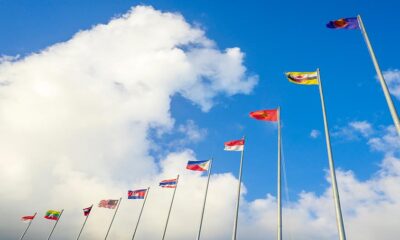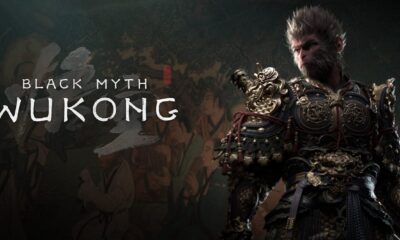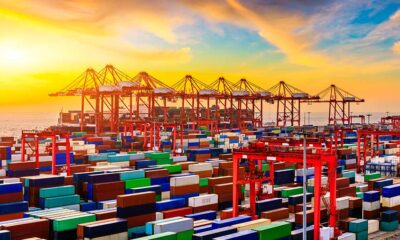Featured
Thailand’s tourism industry earnings surge 31% y-o-y
See the rest here:
Thailand’s tourism industry earnings surge 31% y-o-y
Thailand’s 2010 GDP growth is projected at 3.5%, driven by domestic demand. In the context of weaker global demand in 2010, exports will grow modestly, but the restocking cycle and slow rebound in investment also imply a pick-up in imports, which results in muted net external demand. Public and private investment add 0.8% point to the growth rate, while normal stocking patterns provide a boost to growth of 1.5 % points . Thailand’s Household consumption picks up modestly, adding 0.8 percentage point to the growth rate, whereas public consumption decelerates from 2009 levels but still adds 0.4 percentage point.
Thailand enjoys a strategic location and serves as a gateway into the heart of Asia – home to what is today the largest growing economic market.
The country also offers convenient trade with China, India and the countries of the Association of Southeast Asian Nations (ASEAN), and easy access into the Greater Mekong sub-region, where newly emerging markets offer great business potential.
Thailand plans to be the Hub of ASEAN
Thailand was one of the founding members of ASEAN and has been instrumental in the formation and development of the ASEAN Free Trade Area (AFTA).
AFTA entered into force on 1 January 2010 for the six original ASEAN (ASEAN-6) members (Thailand, Singapore, Malaysia, Indonesia, Philippines, and Brunei), thereby reducing import duties to zero; the so-called CLMV countries (Cambodia, Laos, Myanmar and Vietnam) will follow suit in 2015.
Thailand has forged close economic cooperation with other ASEAN member nations, and Thai manufactured products and services have access to their markets, which includes all 10 ASEAN countries. ASEAN is home to more than half a billion people, GDP in excess of US$1.5 trillion and total trade of well more than US$1 trillion per year.
The words of the Thai Royal Anthem, performed at most official ceremonies and before the start of every movie, may strike a Western ear as somewhat archaic.
After all, the system of absolute monarchy ended in 1932, following a revolution staged by a small group of disaffected civil servants and military men. Since then, Thai kings have ruled under a constitution; their powers theoretically no greater than those of European monarchs. Yet, since he was officially crowned in 1946, His Majesty King Bhumibol Adulyadej has assumed the role of constitutional monarch and has worked tirelessly on behalf of his people, gaining a measure of personal devotion that is probably more intense than that felt for any of his all-powerful ancestors. It has been said that Their Majesties King Bhumibol and Queen Sirikit are the hardest working royal couple in the world with a work load once estimated to be equal to at least one function every day of the year. Of the several institutions that form the foundation of modern Thai life, the one His Majesty represents is not only the most visible but also the most revered.
China
Bangkok 7th World Most connected city to China
Bangkok also ranks 3rd in terms of the volume of Chinese corporate leasing activity over the last three years, according to a new report from real estate consulting firm JLL.

While China’s biggest corporates are increasingly flexing their global muscle as the country’s economic and geopolitical influence accelerates, Bangkok is the 10th most popular destination for mainland firms expanding overseas. (more…)
China
Thailand and China Sign four trade and investment agreements
A Thai trade delegation led by Deputy Prime Minister Somkid Jatusripitak is now on a road-show in China and will be signing an agreement with Alibaba Group to setup an E-Commerce network for the country.












